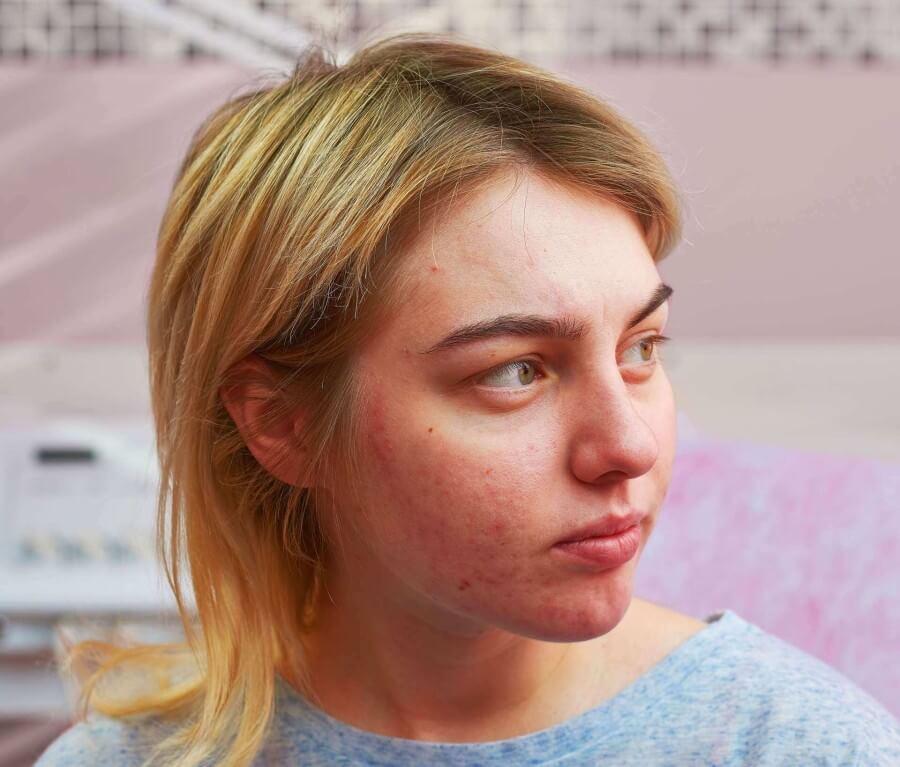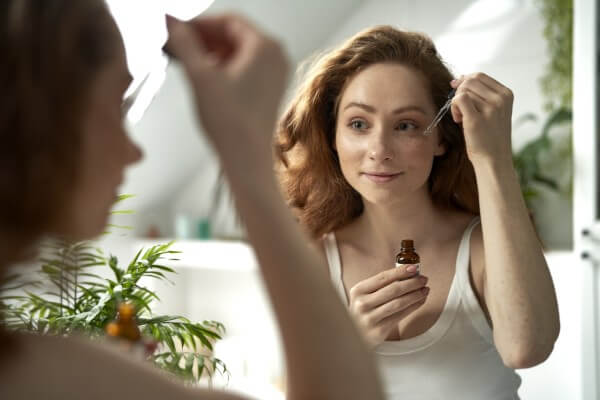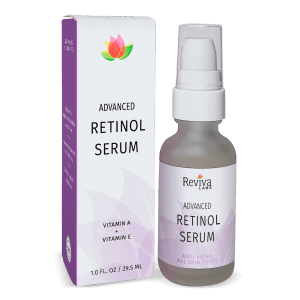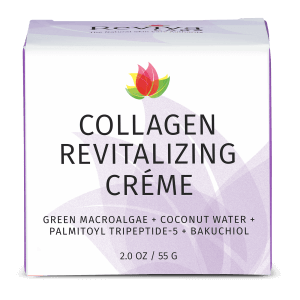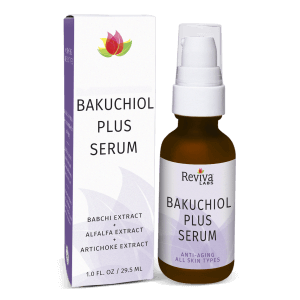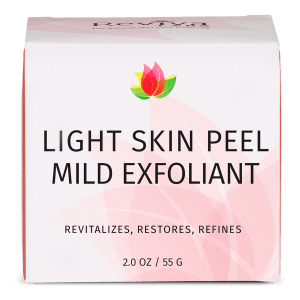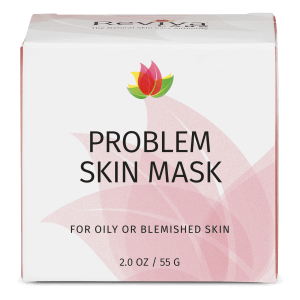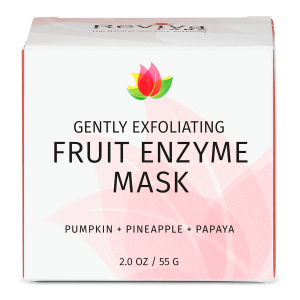Ingredients, Skin Care
How can you clear up blemished skin with salicylic acid, glycolic acid, and retinol
Acne is a skin condition that affects nearly everyone. Whether you have oily or dry skin, it’s almost inevitable that you’ll experience acne at some point in your life. Blemished skin can be upsetting for anyone who experiences it, but luckily there are many ways you can treat your pimples, so they go away for good. There are many different methods of treating acne and blemished skin, including using acids to exfoliate the skin. Treating the skin with lactic acid, salicylic acid, and glycolic acid is now a common way to address blemish-prone skin.
What is salicylic acid?
Salicylic acid, a beta hydroxy acid, is an active ingredient that can be found in many acne treatments. It works by removing dead skin and excess oil from your pores to unclog your skin and treat breakouts. Salicylic acid is a common ingredient in over-the-counter acne treatments and is also used in some keratolytic creams and peels. Salicylic acid is generally considered a safe acne treatment. Salicylic acid is less irritating than other acne medications, but it can cause skin irritation and dryness. Salicylic acid is also known to be an exfoliant, so it can be used to treat sun damage and wrinkles.
Reviva’s Light Skin Peel contains 1% Salicylic along with Zinc Oxide and Kaolin Clay and provides a mild exfoliation while reducing oil production in the skin.
How does glycolic acid work?
Glycolic acid is a naturally occurring chemical that can be used as an acne treatment. When applied to the skin, the acid can help exfoliate the top layers of skin, which can help reduce breakouts, sun damage, and wrinkles. Glycolic acid is often found in acne treatments designed as a chemical peel, but it can also be applied as a lotion or cleanser. You can usually find glycolic acid in combination with other acne treatments like salicylic acid or benzoyl peroxide. Some cleansers use a small amount of glycolic acid to remove dead skin cells and control oil production.
Reviva has been known for our Glycolic Acid products for many years. Our Glycolic Acid Cleanser and Glycolic Acid Toner offer the benefits of this fast acting AHA ingredient. Our 10% Glycolic Acid Crème offers leave on chemical exfoliation balanced with nourishing ingredients and a moisturizing.
So, what is retinol?
Retinol is a chemical derived from vitamin A, and it is often used to treat acne. When applied to the skin, retinol helps unclog pores and reduce acne breakouts. Retinol is also used to reduce fine lines and wrinkles. Retinol is available in many different products, including creams, serums, and gels. Retinol can cause skin irritation in some people, so it’s important moisturize when using it. Retinol also makes skin sensitive to the sun so it’s important to use a sunscreen. Retinol is generally considered a safe acne treatment, but it can cause redness and peeling.
Reviva’s Advanced Retinol Serum offers 0.1% retinol in a carefully crafted formula intended to provide all this Vitamin A derivative’s benefits without the potential for irritation and sensitivity. Or you can try our Bakuchiol Plus Serum which uses the natural vegan alternative to retinol (bakuchiol).
A word of caution be wearying of self-treating
Acne blemishes and blackheads are caused by pores that are clogged with oil, dead skin cells, and bacteria. There are many triggers and causes of acne, some of which require more robust treatment. You should be cautious when trying to use self-care methods. Your skin is naturally sensitive and delicate, an acid-based treatment could irritate your skin and make acne even worse. Some acne causes can’t be solved with topical treatments or over the counter treatments. If you’re concerned about your skin and want to try a home treatment, be sure to see a dermatologist for advice and treatment recommendations.
Be cautious to not over dry your skin which only serves to trigger more oil production as the skin reacts and attempts to heal itself. Heavy application of acne products can create a nasty cascade or dryness leading to use of heavy moisturizers that are too greasy or comedogenic. But don’t skip moisturizing as too many avoid this crucial step that leaves the skin dry and unhealthy overall. It’s a delicate balance that can take a long time to work through.
Blemishes, acne, and clogged pores are all frustrating skin conditions. Simple flares and breakouts can usually be controlled or stopped by using good skincare techniques and natural products. There are so many ways to treat and clear up pimples, and self-care is a good first step, but don’t struggle with blemishes and acne too long or scarring can occur. And avoid the temptation to over treat with acids or benzoyl peroxide – you can damage the skin’s moisture barrier and make things worse. Basically, if your acne worsens or persists it’s time to consult with a dermatologist and they’ll evaluate your skin and provide guidance.



